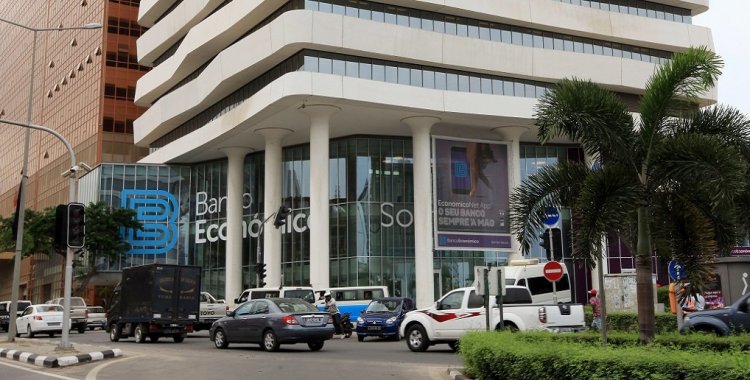Pedro Castro e Silva, who was speaking at a press conference after the meeting of the BNA's Monetary Policy Committee, said that the regulator continues to monitor the recapitalization plan of Banco Económico (formerly Banco Espírito Santo Angola), after the former chief executive, Carlos Duarte, resigned last week.
"More important than the departure of the chief executive, is that the board of directors and the shareholders quickly identified a replacement, fortunately a member of the executive committee, which means that he knows the restructuring plan, meaning that there is no interruption plan", underlined Castro e Silva.
The person chosen to be the new chief executive of Banco Económico, following the resignation of Carlos Duarte, who invoked "personal reasons", was Victor Cardoso.
"This recapitalization plan is underway and the main objective is to provide the bank with more liquidity. This is the focus at the moment, we are monitoring the implementation of this plan which is based on the recovery of liquidity levels", continued the BNA administrator.
Asked whether Banco Económico is at risk of closing, Pedro Castro e Silva was evasive, but did not put the hypothesis aside, saying that the BNA acts in three stages – corrective intervention, provisional administration and resolution – and is currently in the first.
"This phase we are in is to correct. It is still too early to reach a conclusion on an outcome of the bank's situation," he said.
Since October, Banco Económico has been owned exclusively by the Private Subscription Venture Capital Fund, made up of the largest depositors.
This entity is supervised by the Capital Market Commission and exclusively includes depositors who voluntarily adhered to the recapitalization initiative.
According to Expansão, there are 40 depositors who have joined the agreement that allows using 65 percent of deposits to recapitalize the bank, created following the bankruptcy of Banco Espírito Santo Angola (BESA), in 2014.
Asked whether all banks in the Angolan financial system had complied with the obligation imposed by the regulator to increase their minimum share capital to 15 billion kwanzas, Pedro Castro e Silva said that there are "one or two cases that are being monitored", without to specify.
The National Bank of Angola increased, in October last year, the minimum capital requirement for banks to 15 billion kwanzas, double the amount previously established.
Financial institutions have a period of 12 months to comply with the measure, according to notice no. 17/22 of the Angolan banking regulator.







